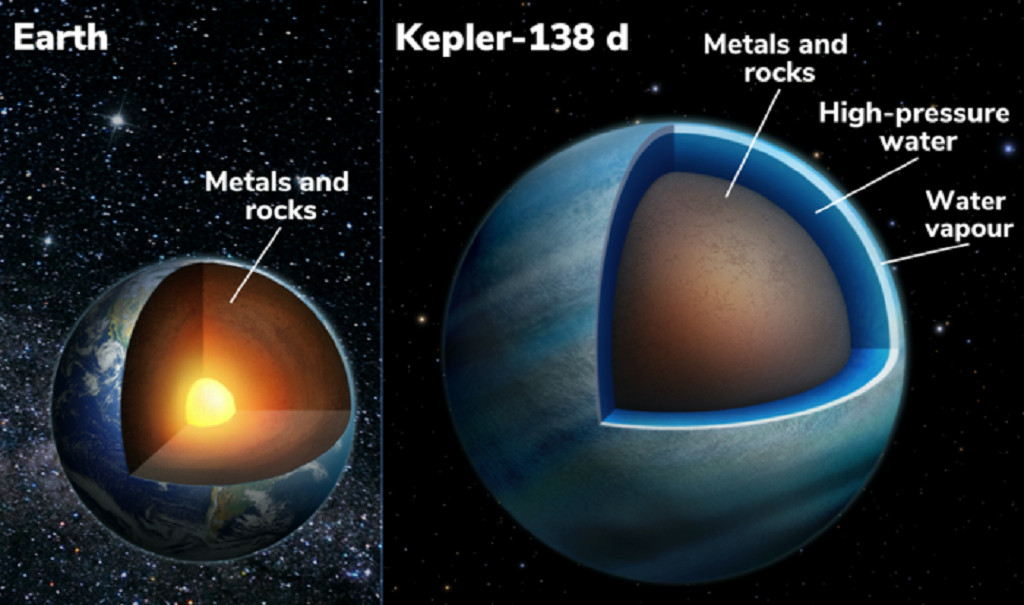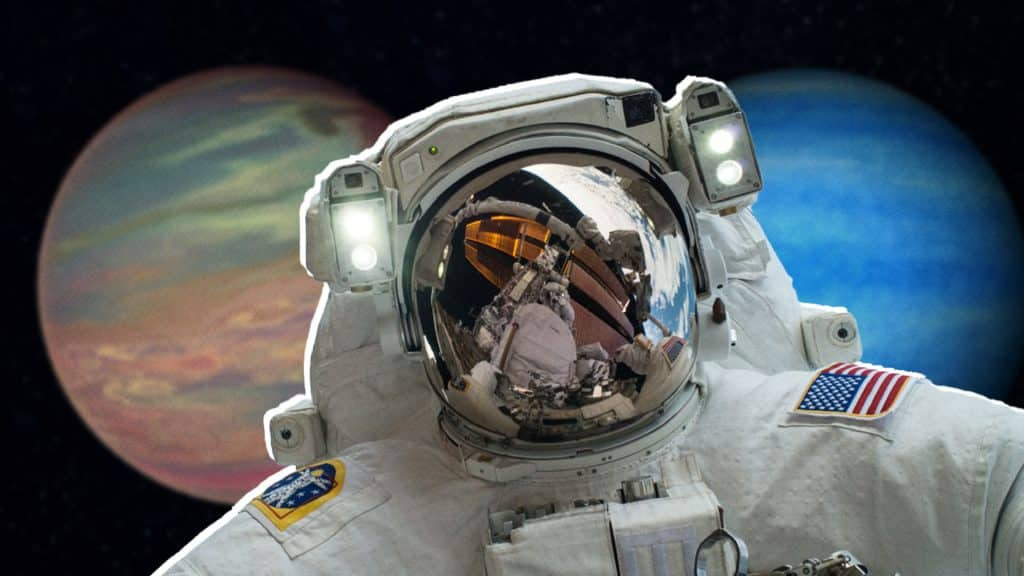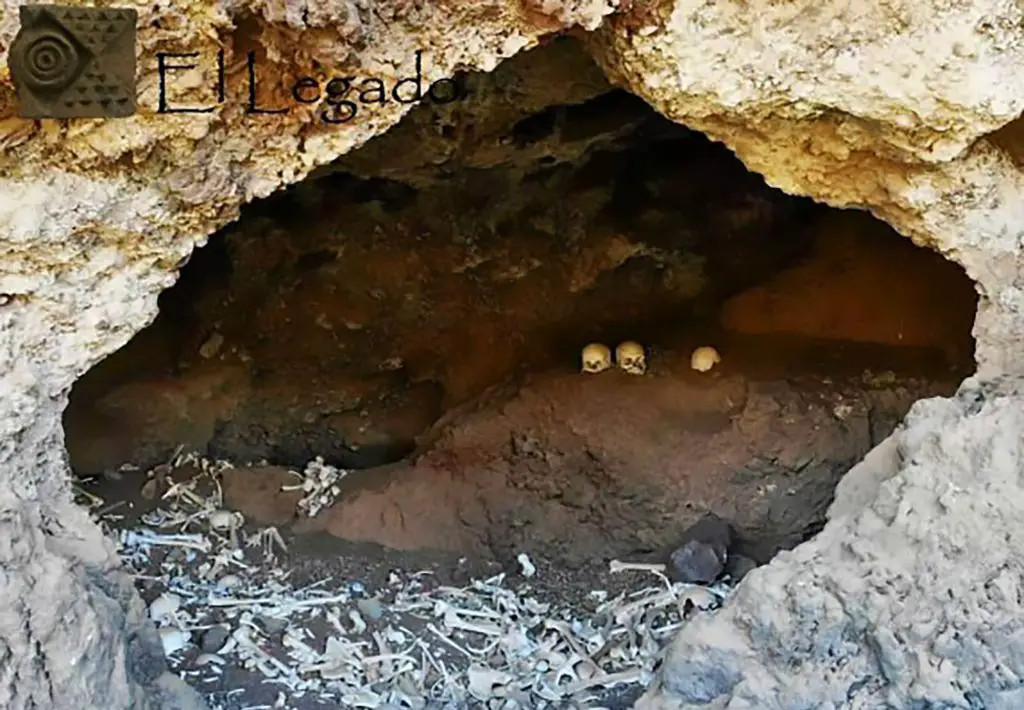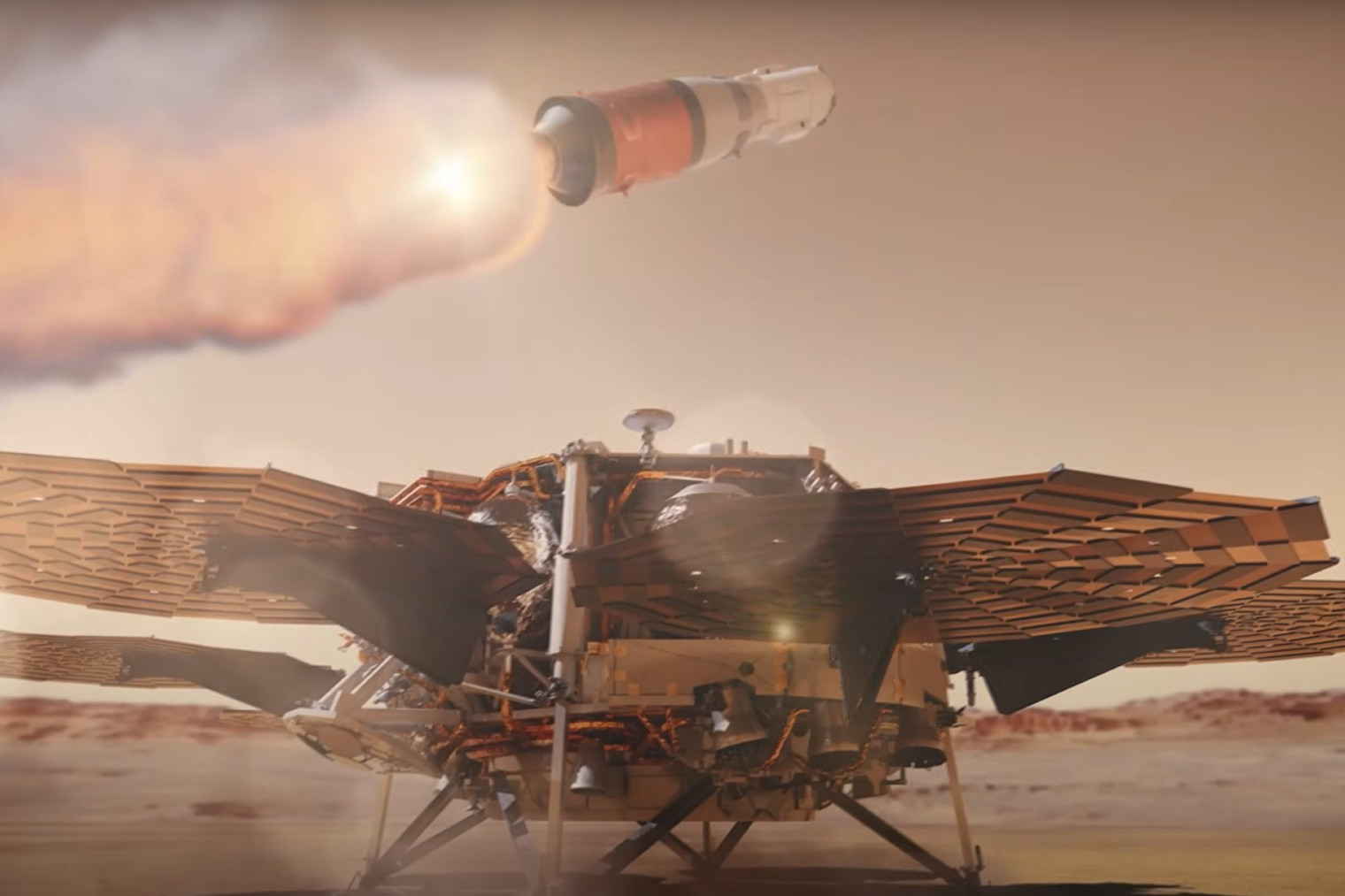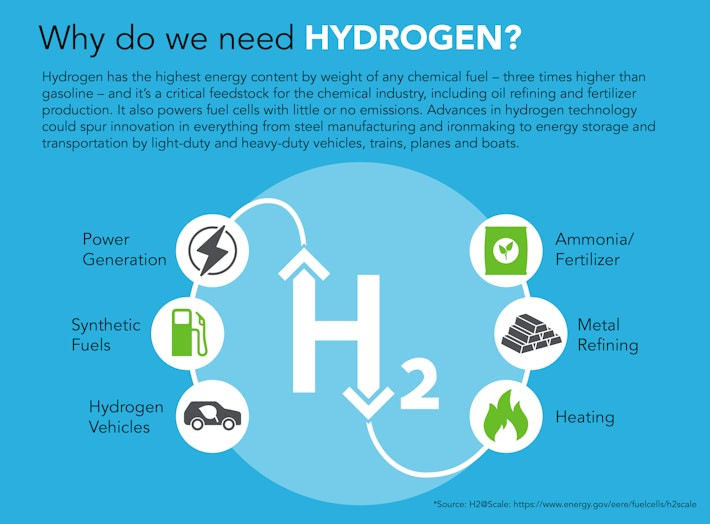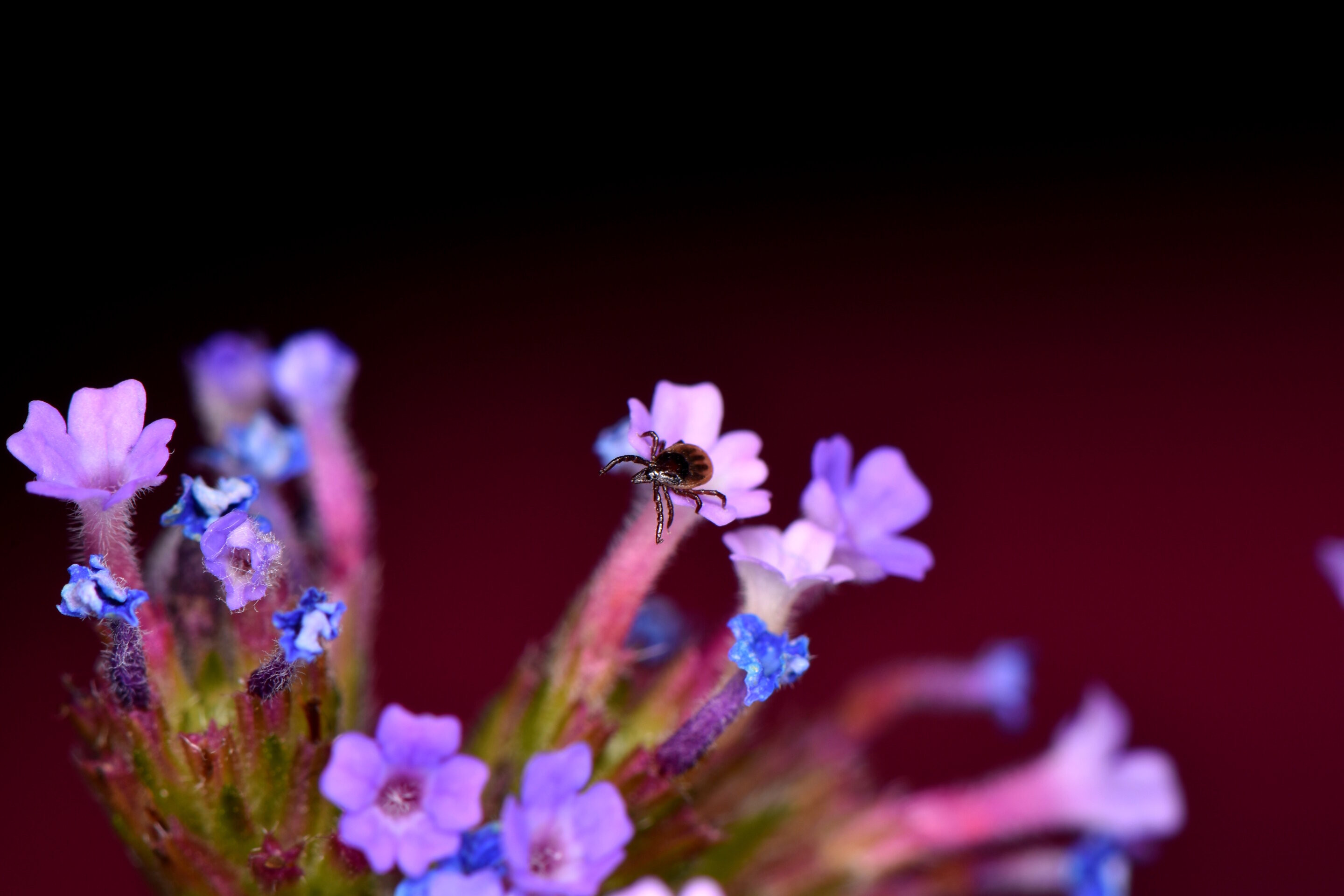Caroline Dorn, a geophysicist at ETH Zurich, Switzerland, led a research team that explored the interiors of exoplanets and discovered that excessive water can lead to the formation of high-pressure ice beneath the ocean. This ice acts as a barrier, preventing minerals and chemical compounds from being exchanged between the planet's rocky interior and the water, potentially creating a barren and lifeless ocean.
However, Dorn's team argues that even exoplanets with enough water to form high-pressure ice can still host life if the majority of the water is located deep within the planet's core, rather than in surface oceans. While this core water cannot sustain life, it means that a significant portion of a planet's water is not on the surface, resulting in shallower surface oceans and preventing high-pressure ice from forming at their bottom.
The Unexpected Discovery of Earth's Hidden Water
The idea that water could be stored deep within a planet's core was a groundbreaking discovery in 2020. A team of scientists at the University College London published a study that challenged the long-held belief that Earth's water primarily resided in surface oceans and the crust. This study revealed that the Earth's core holds a staggering amount of water, 30 to 37 times greater than all the surface oceans combined.
This discovery led to a significant shift in how scientists understand the distribution of water on planets. Previously, scientists assumed that the water present in a young, hot planet, where everything is mixed in a magma soup, would eventually separate, with some associating with silicates and ending up in surface oceans and the rest sinking down to the core with iron. This is because iron can bind significantly more water than silicates, especially at the extreme temperatures and pressures found in the cores of nascent worlds.
The Implications for Exoplanets
This new understanding of water distribution on Earth has had profound implications for our understanding of exoplanets. If a planet is heavier, a larger portion of its water will sink down to the core and remain there. This could be a positive development in our search for life in space.
Dorn's team's research has shown that the traditional mass-radius diagrams used to estimate the composition of planets may underestimate water content by up to ten times, as these diagrams don't account for the solubility and distribution of water. This means that exoplanets with a high water content might not necessarily have deep, high-pressure oceans on their surface. Instead, most of the water could be hidden deep within their cores, making it possible for their surface oceans to be shallower and more conducive to life.
Expanding the Pool of Potentially Habitable Worlds
This new understanding of water distribution has dramatically expanded the pool of potentially habitable worlds. Scientists are now considering exoplanets that were previously deemed too water-rich to be habitable, as these planets could be storing most of their water in their cores. This opens up exciting possibilities for finding life elsewhere in the universe.
While this discovery is promising, finding conclusive evidence of life on these water worlds remains a significant challenge. However, it provides scientists with a new framework for identifying potentially habitable exoplanets, leading to a more comprehensive understanding of the conditions necessary for life beyond Earth.
The Search for Water Worlds Continues
The search for water worlds continues, with astronomers using the James Webb Space Telescope to study the atmospheres of exoplanets. By analyzing the types of molecules present in an exoplanet's atmosphere, scientists can glean insights into the planet's internal composition, including the potential presence of water. This data can help scientists identify planets with a high water content, potentially leading to the discovery of new habitable worlds.
The discovery that exoplanets can hold more water than previously thought has revolutionized our understanding of planetary formation and habitability. This new insight highlights the complexity of planetary systems and the potential for life to exist in diverse and unexpected places. As we continue to explore the universe, we can expect to uncover even more surprising discoveries about the abundance and distribution of water, a crucial ingredient for life as we know it.
A New Era of Exploration
This discovery represents a new era of exploration in the search for life beyond Earth. By understanding the distribution of water on planets, we can refine our search for habitable worlds and potentially unlock the secrets of life's origins in the universe. The journey into the unknown continues, and with each discovery, we inch closer to answering the age-old question: are we alone?




